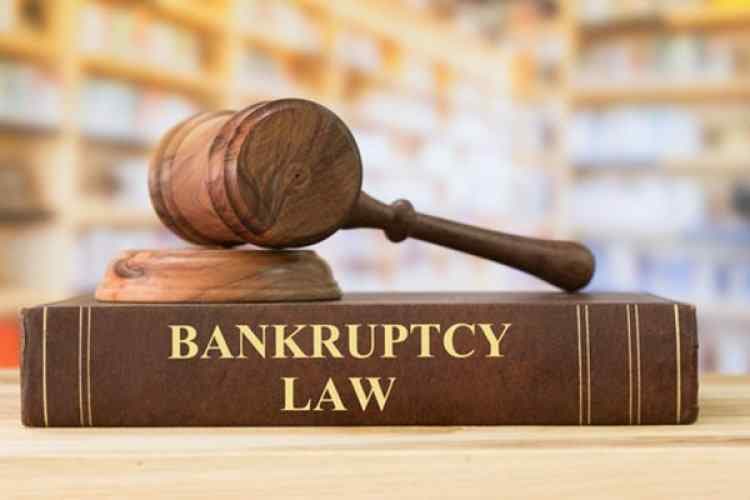For any enquiries or information, contact ask@tlr.ae or call us on +971526443004

UAE Bankruptcy Law: Responsibilities of the Board Members
The liquidity issues between businesses and corporations have significantly worsened after the COVID-19 outbreak. The UAE has taken initiatives to enhance its Bankruptcy Code, Law 9 of 2016, to ensure that it can continue to address the most recent difficulties.
The landmark decision in the Marka Holdings PJSC case prompted the proposed revisions to the bankruptcy legislation. The Dubai Court's ruling declared the corporation bankrupt, and mandated the disposal of its assets, holding the directors and board members personally liable to pay 44 million AED to their creditors.
The scope of the responsibility of the Board and the management of a company in the event that they fail to pay the debts has been clarified by the amendment of Article 144.
If a company's financial situation is considered to be in disarray, the Court may require the Board of Directors to personally pay the remaining debts of the company. This can be done through the provision of Article 147, which requires the Board to maintain commercial and business records that accurately reflect the company's financial status.
Directors are also liable for abuse of power, fraud, mismanagement, violation of corporate law or articles of incorporation, and claims made by third parties against the company and its shareholders.
If the Board is found to have participated in the concealing, tampering, or altering of the records of a company, it can be held liable for violating the Bankruptcy Law. These actions can include the embezzlement of assets, the fraudulent claims made about the company's capital, the distribution of counterfeit earnings, and the circumvention of the memorandum and law.
Article 198 lays down such penalties levied upon directors and general managers of a company, who are subject to a maximum punishment of five years in prison and a fine of no more than AED 1,000,000.
The UAE Penal Code made it illegal to issue a cheque on an account despite knowing that there isn't sufficient money in the bank to cover the requested amount. Therefore, bankrupt directors have not previously received compensation. If a preemptive compensation strategy or debt management plan is in place, the bounced cheques will not be prosecuted under the new bankruptcy laws.
Therefore, directors who were responsible for insolvency were previously without redress. If a preventive composition strategy or a debt management plan is started, criminal proceedings for bounced cheques are stopped under the new bankruptcy law. Instead of pressuring managers to flee the country, this enables struggling enterprises to begin composing plans and submit debt restructuring applications, offering some reprieve to them by slightly encouraging a “rescue culture.” Unlike the previous law that imprisoned debtors by default, the new law proves to be trailblazing by facilitating settlements between parties under the Court’s supervision, promoting a restructuring economy.